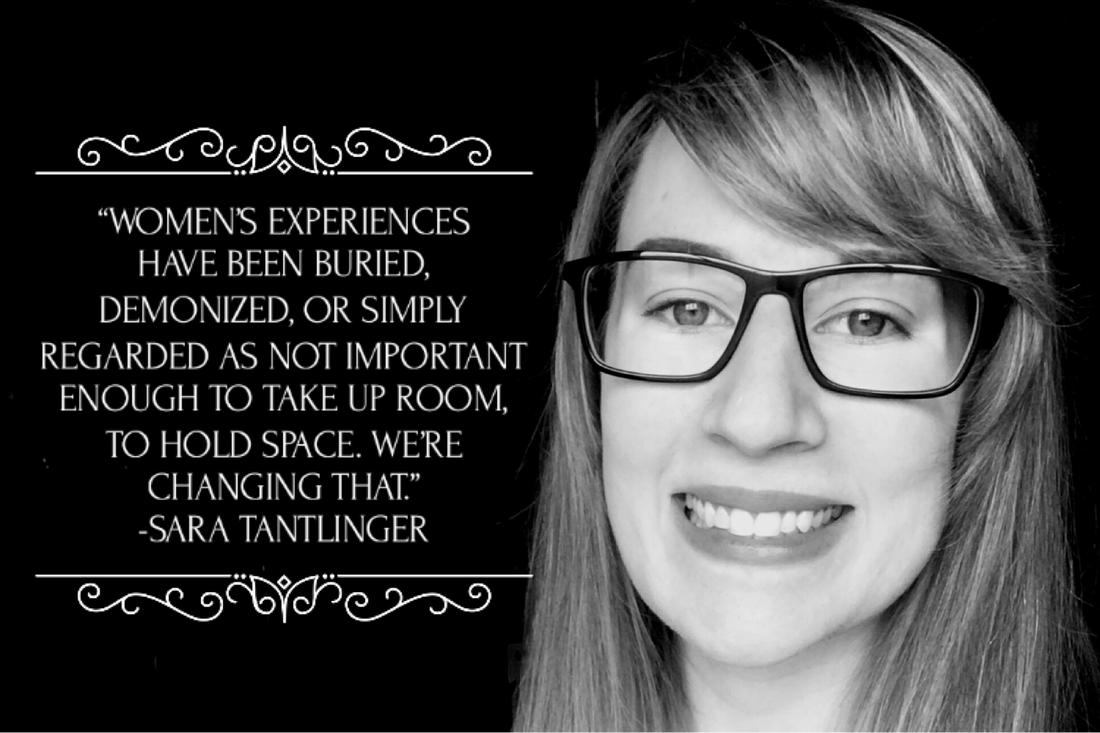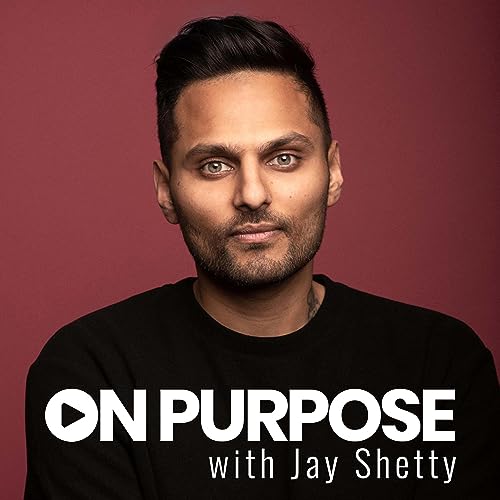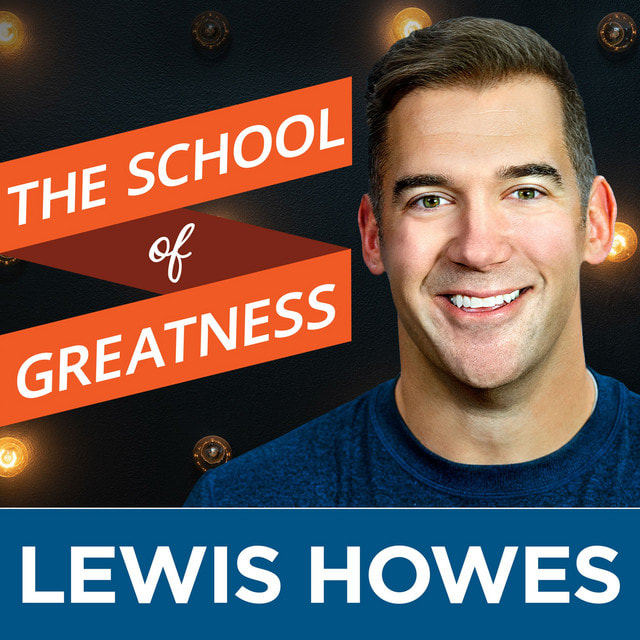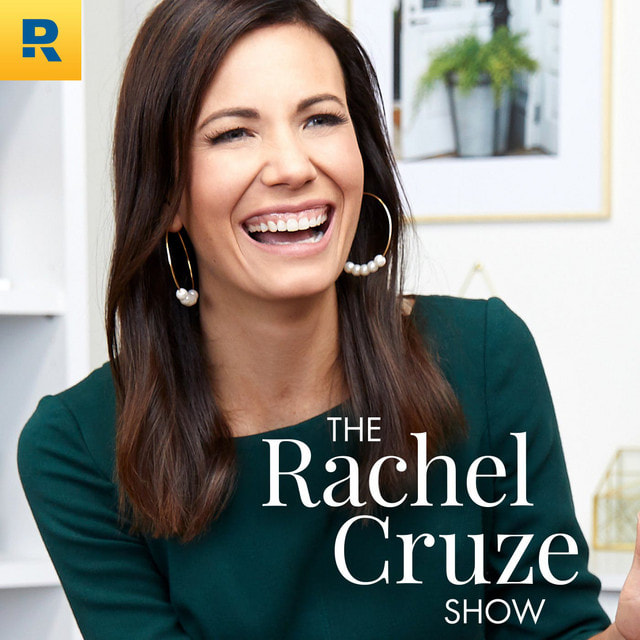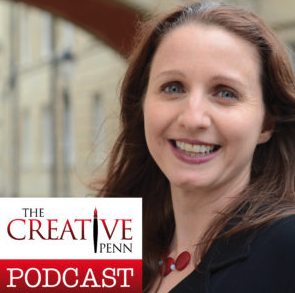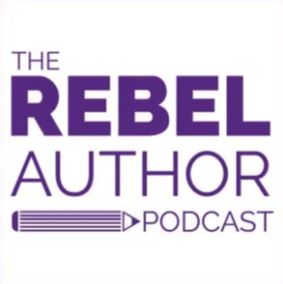|
The Women Thought Leaders in Horror series magnifies the voices of women in the horror community who bring diverse talents to the genre of horror. From writers and fine artists, to film and book reviewers, this series is meant to continuously and consistently lift up the diverse voices of women. This series is meant to encourage, inspire, motivate, and expand our thinking on what it means to be a woman thought leader in horror.
Together, let's buckle up. 1. Why horror? What fascinates you about horror and enticed you to write in the genre? ST: I was obsessed with R.L. Stine and Christopher Pike books in middle school. I read every Goosebumps, Fear Street, and Pike book our little school library had available. The librarian was such a wonderful lady, and always seemed happy to help me find those books, so I really thank her for never discouraging my interest in the macabre. My sister, who is eight years older than me, was reading Stephen King while I was being absorbed into the Goosebumps world, so it was only natural that my interest grew over time and I would pick up her King books. Then of course later in school came Poe. Otherwise, I love how emotive the genre is. Horror pushes boundaries unlike any other genre, and I’ve always been drawn to that challenge. There is such a vast expanse of ideas to explore within horror, from the psychological to the supernatural, you can constantly keep challenging yourself to try new ideas, techniques, tropes, settings, and so on. I love writing in general because I don’t believe one every truly masters it; we’re always strengthening our ideas and skillset. 2. What is your favorite era of horror and why? ST: Oh that’s tough! I love being a part of the here and now, especially with so many talented writers creating truly memorable work. Setting-wise, I’ll read anything, but I have a soft spot for the Victorian Gothic. Last month, I read an early copy of Claire L. Smith’s upcoming novella Helena, and it was everything I could have wanted from a Gothic book. Someday I’d love to write a book inspired by Wuthering Heights, one of my all-time favorites, but maybe with vampires and a whole lot of horror. Historical horror is one of my favorite subgenres, too; getting lost in all that research can truly create some magic. 3. What are some of your guilty horror films? ST: I’ll have to echo what Laurel and Mercedes said, no guilt -- just enjoy what you enjoy! Tim Burton’s Sleepy Hollow was one of the first darker films I’d ever seen, I think when I was about eight, so it has a place in my heart. I also really like going back to Secret Window, Fright Night with Colin Farrell, The Cabin in the Woods, Sweeney Todd, and The Neon Demon. C.H.U.D. is always good for a few laughs in the darkness, too. 4. What do you think the genre of horror brings to the world in terms of values, beliefs, impact? ST: Horror is unafraid to hold up a mirror to society and reflect our darkest, worst selves back at us. Other genres may delve into this, too, particularly science fiction, but I really think horror is the one that does this in the most raw, visceral, unapologetic way. As someone who appreciates depth over small talk, this is a big lure of the genre for me. As times constantly change, socially, politically, culturally, and so on, horror is always there. It is a universal emotion -- we all feel fear or dread toward something. There may be issues in the world we want to address, or times when we feel so helpless and aren’t sure what actions to take. Writing a horror story is a way to convey those frustrations. Literature itself has always been a lens to view the world from, and horror is there to direct that lens at things we want to look away from but can’t. Horror is how important conversations are started. 5. How do you think your writing of horror reflects you as a person or your life overall? ST: When writing fiction, it’s impossible to escape yourself entirely. You’ll always find some element of your life, even if it’s only a tiny detail, in your writing. Right now, I’m writing a novel that combines darkness in nature, body horror, and the devastation of grief all into one character’s daunting arc. These are three elements that have stemmed from my own fears and experiences -- and it’s cathartic to embellish some of those experiences into the fiction, but it sure is challenging. Then again, that’s what I love the most about writing horror, pushing myself to grow. So, at the end of the day, I really hope it’s my willingness to tackle different themes and ideas in each of my works that reflects back at the audience. Being a one trick pony or boring the reader is definitely my greatest writing-related fear. 6. What do you think lies ahead for the genre? ST: I am so excited to see where the future of horror leads. I do think our current circumstances in the world will be reflected in new works, not necessarily a hundred books about a pandemic or virus, but I think themes of isolation, panic, and the unknown will greatly come into play. While for a lot of us, it seems, the pandemic has perhaps hindered creativity, I really hope writers find a way to keep creating during all of this. I am hungry for new works, especially by women and minorities in horror, and I want to read their stories and hear their voices more, and I want the industry itself to do better in making sure this happens. 7. Like many things, women are underrepresented in the horror genre. Why do think this is and why is it critical to have women more represented in horror? ST: This is such a difficult question to pinpoint an answer, but I think just having a conversation about it and raising awareness is a great place to start. Women in Horror Month and other events have certainly helped in giving women a stronger platform in the genre. Throughout history, women’s experiences have been buried, demonized, or simply regarded as not important enough to take up room, to hold space. We’re changing that -- all of us -- women and allies alike are here to say women’s experiences are important, valid, and deserve equal space at the table. One of the reasons Nicholas Day and I came up with the idea for the Not All Monsters anthology was because we were, to be honest, utterly exhausted by social media conversations where anyone bemoaned things like diversity and inclusivity. You’ll hear people say, “I just read the work and don’t look at gender, race, etc…” and sure, that’s great in theory if the playing fields were ever equal in the first place and it didn’t contribute to erasure, but it’s delusional to think women and minorities consistently have the same opportunities as that group who horror has long since favored (you know what group I mean). Thus, Not All Monsters was a proactive way for us to do something small, but hopefully beautiful and meaningful, in showing why these conversations need to keep happening with those who are willing to listen. 8. Any tips for new women writers in the horror genre? ST: Tell the story you want to tell. Don’t be afraid to write for yourself, changing something up or learning to market toward an audience can always come later. I really think the best horror, the stories that feel the most real, occur when we dig deep within ourselves and tell the story that scares us, but at the same time is the story we need to tell. Also, read what others are doing in the genre. Reach out to each other, celebrate successes, and remember we should be motivating each other -- not competing. 9. Who are some of your favorite women horror authors to read? ST: Oh goodness, SO many. If I listed them all, we’d have a huge tome. Some contemporary ladies who constantly inspire me are Caroline Kepnes, Gillian Flynn, Catherynne Valente, Gwendolyn Kiste, S.P. Miskowski, Christina Sng, Erin Al-Mehairi, V. Castro, Laurel Hightower, and Linda Addison. I’m also going to take this question and plug the incredible stories in Not All Monsters, an anthology by women in horror. All of the authors within are killing it in the genre right now, too: Hailey Piper, E.E. Florence, Christa Carmen, Sam Fleming, Stacey Bell, Briana McGuckin, Joanna Roye, Juliana Spink Mills, Annie Neugebauer, Leslie Wibberley, S.M. Ketcham, G.G. Silverman, J.H. Moncrieff, Amy Easton, Joanna Koch, K.P. Kulski, Jessica McHugh, Angela Sylvaine, Kayleigh Barber, J.C. Raye, and Jennifer Loring! 10. For readers who have never read your work, what should they start with and where can they find more information about you? ST: For poetry, I’d recommend my H.H. Holmes inspired collection, The Devil’s Dreamland, which took home the 2018 Stoker Award for a poetry collection. For prose, I’d recommend my debut novella, which was nominated for a Stoker this year, To Be Devoured. I have a website over at saratantlinger.com, where you can sign up for my newsletter. I send it every couple of months and include things like open calls that I think subscribers might be interested in. I also stay pretty active on Twitter (@sarajane524) and Instagram! (@inkychaotics) Links: https://saratantlinger.com https://twitter.com/SaraJane524 Amazon author page: https://www.amazon.com/Sara-Tantlinger/e/B06X6GBXZB The horror community fully supports Black Lives Matter and all organizations whose goal it is to fight and end racism worldwide. Horror author Philip Fracassi started a GoFundMe page to raise money for Naacp Legal Defense & Educ Fund Inc (Ldf). Come together with the horror community and donate today: https://gf.me/u/x7dfdr
0 Comments
Leave a Reply. |
Categories
All
PODCASTS I LISTEN TO EVERYDAY |
